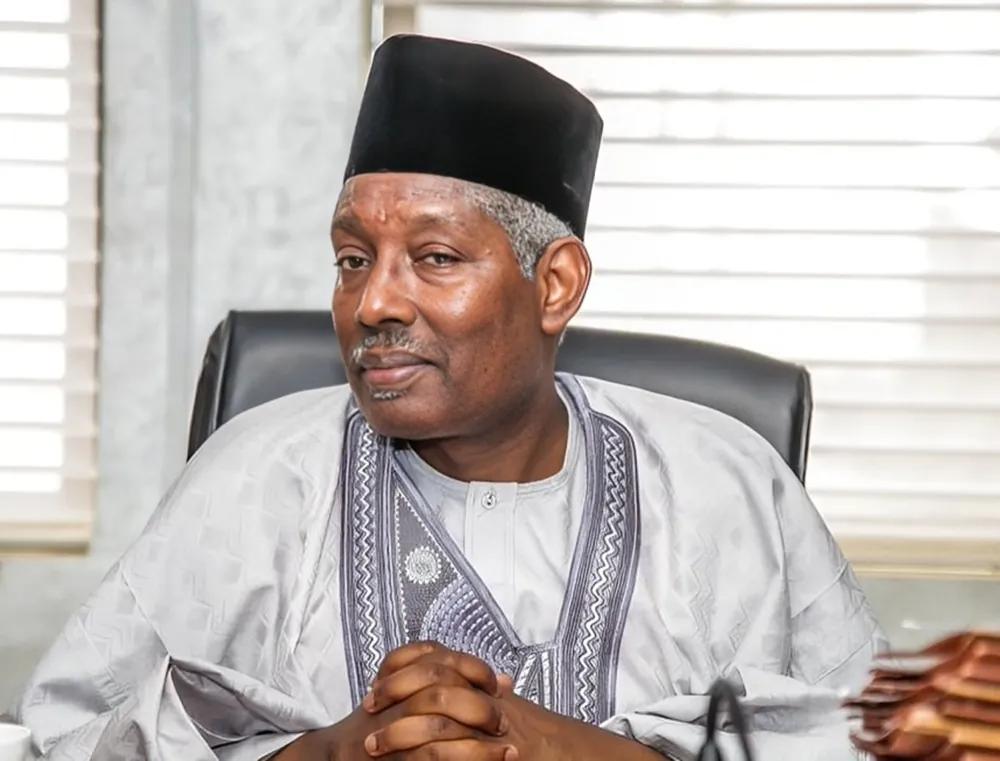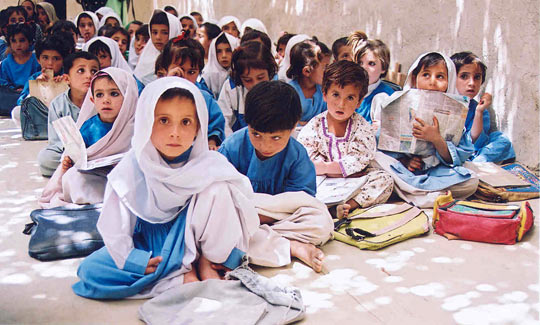By Muhammad Sabiu
Copyright tribuneonlineng

The Chairman of the Northern Nigeria Development Company (NNDC), Alhaji Lamis Dikko, has said that the 19 northern states are facing serious socio-economic challenges, with poverty levels above 60%, and over 80% in states such as Zamfara and Sokoto, compared to about 30% in the South.
He spoke at the ongoing Northern Nigeria Investment and Industrialization Summit in Abuja.
Dikko noted that traditional development approaches have not been effective and called for a new direction.
He stressed that embedding technology, digital infrastructure, and innovation in all sectors is the only sustainable way forward.
According to him, a first step is to close the digital gap. He explained that while internet penetration in Nigeria is about 48%, rural and northern areas fall far behind, leaving more than 60 million Nigerians offline.
He warned that this could exclude the North from the $15.7 trillion global AI-driven economy projected for 2030, urging action to expand affordable broadband, smartphone access, and reliable electricity as key economic drivers.
On agriculture, Dikko said: “Agriculture remains the backbone of Northern Nigeria’s economy and livelihood but yields and incomes have long been limited by outdated practices. Embracing digital agriculture can change that.
“Imagine widely adopting precision farming tools – from drones and sensors that monitor soil and crop health, to AI-driven analysis of weather and satellite data guiding planting decisions. These technologies help farmers optimize fertilizer and water use, predict pests or droughts, and significantly boost crop yields and reduce losses.”
On electricity, he added: “Northern Nigeria’s development is crippled by energy poverty – an unreliable grid and low access to electricity in many communities. Technology offers a two-fold solution: modernize the grid and leapfrog with renewables. Investments in smart grid systems can improve efficiency in power distribution, reducing the rampant losses and outages.”
He emphasized that achieving such transformation requires leadership, supportive policies, and strong public-private partnerships. He also called for regional cooperation, regulatory reforms, digital literacy programs, and initiatives that empower women and rural communities to prevent inequality from widening.
Dikko concluded that organizations like the NNDC can drive investment and policy advocacy and urged stakeholders to work together to address the region’s challenges.
ALSO READ TOP STORIES FROM NIGERIAN TRIBUNE



